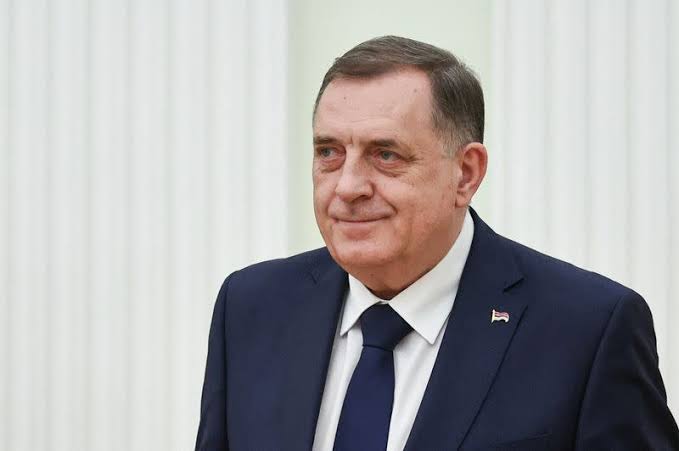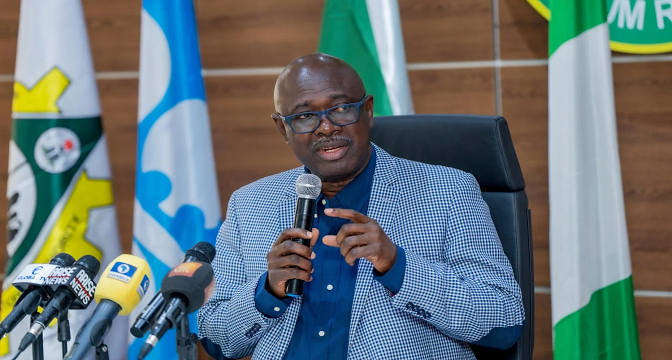
Germany and Austria announced on Thursday their decision to prohibit Bosnian Serb separatist leader Milorad Dodik and his two closest associates from entering their territories. They accused him of jeopardizing the security of both his fragile nation and the broader region.
Dodik, who serves as the president of Bosnia’s autonomous Serb Republic, has instigated a constitutional crisis by disregarding the directives of the international envoy tasked with maintaining stability in the multi-ethnic Balkan state and preventing a return to conflict.
This situation has escalated into a legal and political impasse, positioning Dodik and his allies, Russia and Serbia, against the United States and the European Union. It is regarded as one of the most significant threats to peace in the Balkans since the conflicts of the 1990s.
Austria’s Foreign Minister, Beate Meinl Reisinger, stated on Thursday that Dodik has escalated his secessionist provocations and actions to unprecedented levels, crossing established legal boundaries.
“We can no longer tolerate such behavior,” she remarked during a visit to Sarajevo, the capital of Bosnia, alongside Germany’s Minister of State for Europe and Climate, Anna Luhrmann.
The two ministers released a joint statement indicating that the actions of the Bosnian Serb leadership are obstructing Bosnia’s EU accession efforts and jeopardizing its future within the EU.
Dodik was not immediately reachable for comment and has previously dismissed other actions taken against him as politically motivated.
See more: Projected Electoral shares from Germany’s Federal Elections.
In February, Dodik was sentenced to one year in prison and received a six-year ban from political activities for ignoring the envoy’s directives. In retaliation, he initiated legislation that prevents the state judiciary and police from operating in the region, leading to an arrest warrant being issued for him and his associates.
The Serb Republic and the Bosniak-Croat Federation are two entities established following the 1990s war, which resulted in the deaths of 100,000 people. They are connected by a fragile central government in a state overseen by an international authority to prevent a resurgence of conflict.



